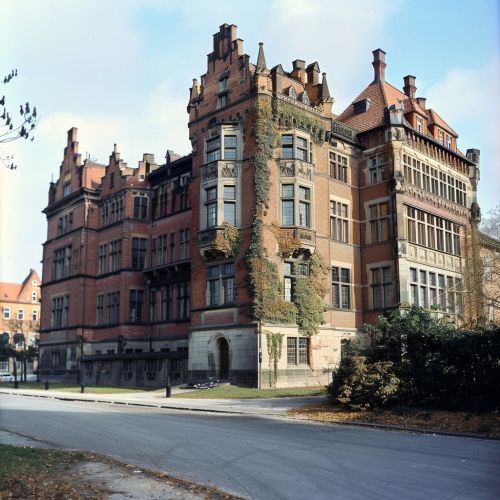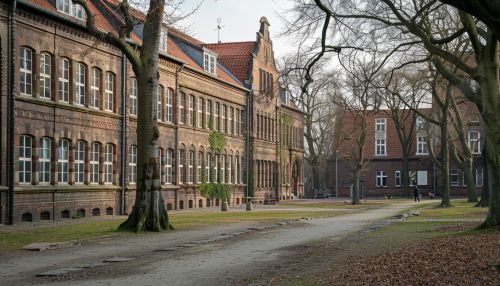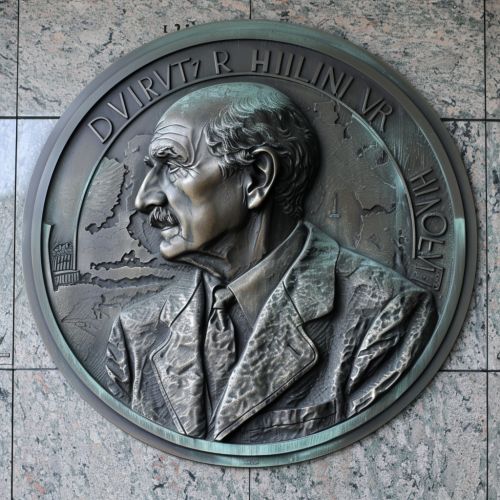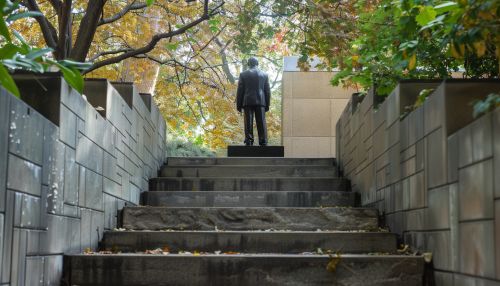David Hilbert
Early Life and Education
David Hilbert was born on January 23, 1862, in Königsberg, Prussia (now Kaliningrad, Russia). His parents, Otto and Maria Therese Hilbert, were both descended from artisans and small business owners. Hilbert's early education was at the Friedrichskolleg Gymnasium, where he showed an early aptitude for mathematics.
He entered the University of Königsberg in 1880, where he studied under mathematicians such as Adolf Hurwitz and Ferdinand von Lindemann. Hilbert received his doctorate in 1885, with a dissertation on invariant theory, supervised by Lindemann.


Career and Research
Hilbert remained at the University of Königsberg as a Privatdozent (private lecturer) from 1886 to 1895. During this period, he made significant contributions to the fields of invariant theory, algebraic number theory, and the foundations of geometry. In 1895, Hilbert accepted a chair at the University of Göttingen, where he would remain for the rest of his career.
At Göttingen, Hilbert's work expanded to encompass a wide range of topics in mathematics, including functional analysis, integral equations, and the theory of relativity. His work on integral equations in 1909 led to the development of Hilbert space, a concept that has become fundamental in the mathematical formulation of quantum mechanics.
Hilbert is perhaps best known for his "23 Problems," presented in a lecture to the International Congress of Mathematicians in Paris in 1900. These problems, which ranged across various fields of mathematics, set the agenda for much of the mathematical research in the 20th century.
Later Life and Legacy
In his later years, Hilbert turned his attention to the philosophy of mathematics and the foundations of mathematical logic. His work in these areas, particularly his formulation of Hilbert's program, has had a lasting impact on the field.
Hilbert retired from the University of Göttingen in 1930, but remained active in the mathematical community. He died on February 14, 1943, in Göttingen. His contributions to mathematics continue to be recognized and built upon in the 21st century.


